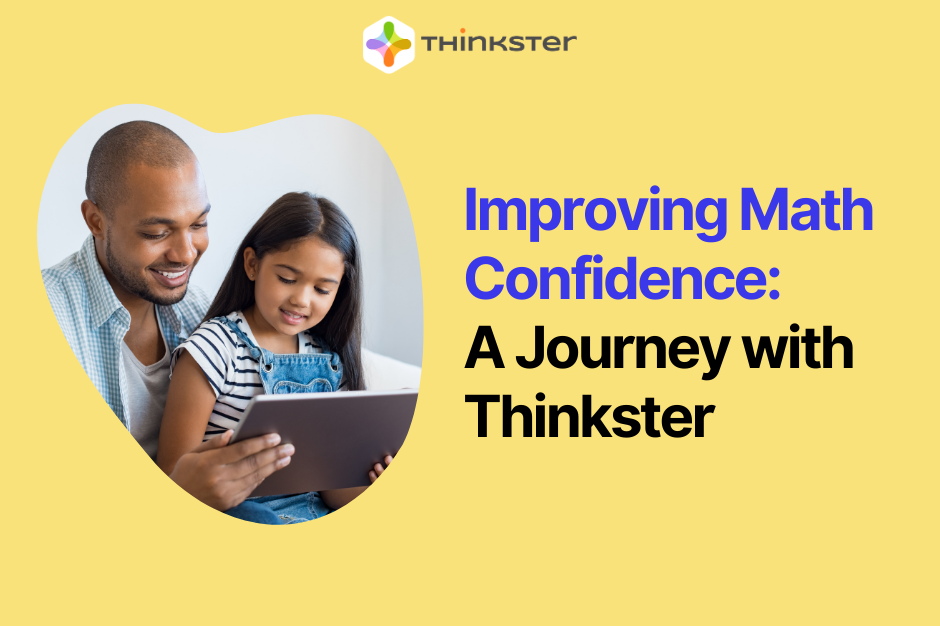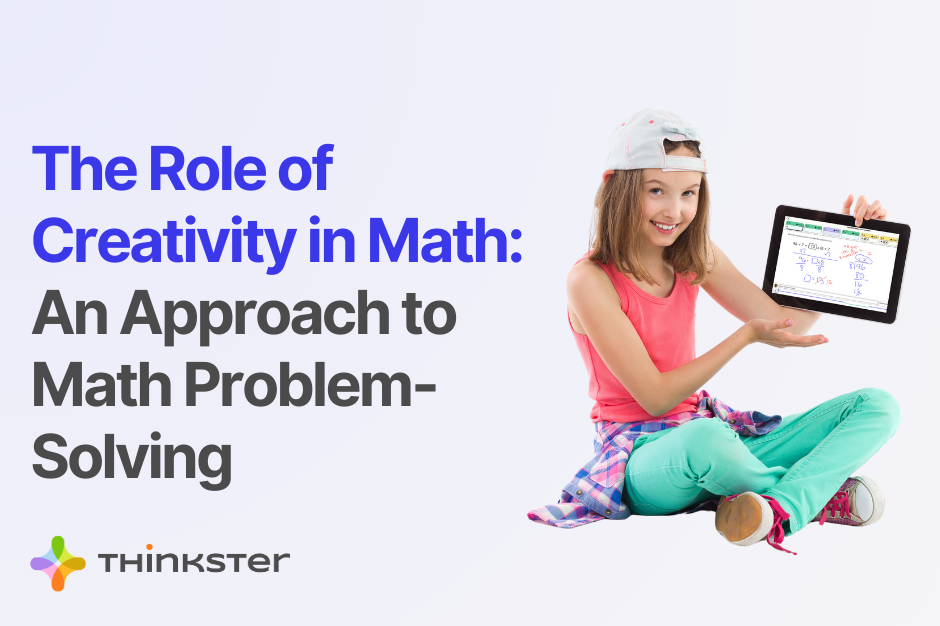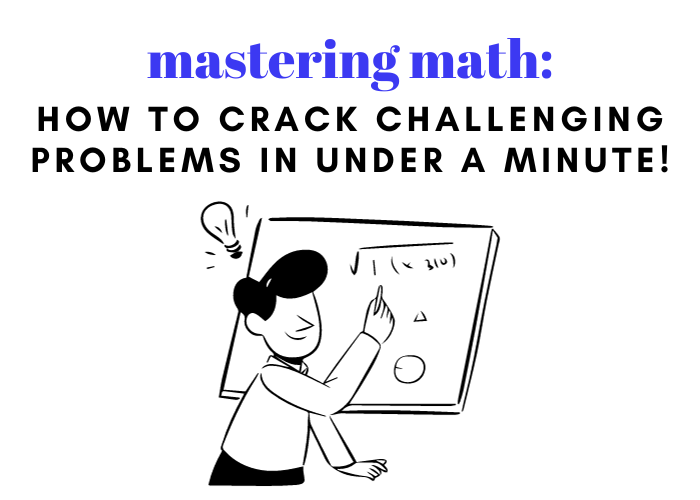

Last Updated on August 31, 2021
In Fall 2012, about 1 in 3 freshmen who entered the California State University system were forced into remedial math classes.
In other words, 17,000 new Cal State students did not possess the skill set to take college-level math.
And these struggles aren’t unique to the CSU system—freshmen are arriving at campuses all over the country not ready for the math required of them.
Schools are overwhelmed with an over-emphasis on testing, large class sizes, and broken curricula-and thus are unable to help every student. Also, research has shown that kids who struggle with math early in their academic careers tend to continue struggling throughout grade school, middle school, and into high school (and ultimately, college).
Without some sort of math help, these children rarely catch up, no matter what the school’s curriculum or philosophy is.
Many parents may not realize the long-term effects of their children’s math struggles.
After all, a fourth-grader has plenty of years to improve, right?
Realistically, it’s not as much time as you think. Students still struggling in math come high school, will need to hurry to get up to speed before college.
Real-world cases have documented that early math intervention for students can lead to success later.

Impressively, the district’s fifth-grade scores jumped from 41.5 percent of students proficient to 62.6 percent in just one year. The future will tell if the Grand Haven students continue this success through college, but at least they have a jump on many of their peers nationwide.
Math is unique in that it generally requires mastery of the previous level’s concepts to achieve adequate learning at the next level. Subtraction is helped by having knowledge of addition; division and geometry need multiplication fluency; calculus requires advanced algebra.
In contrast, grade-school science students could miss a month of geology lessons, yet be fine when the curriculum moves to photosynthesis.
The building blocks of math are such that struggling with one particular concept will affect how a child learns the subsequent, more advanced concepts.
Early math help often is the best way to ensure a student doesn’t fall too far behind.
Identifying which math concepts your child is struggling with is just the first step. The solution may involve discovering why the student doesn’t understand the concepts, exploring alternative ways to achieve that understanding, and focused, personalized learning and extra help toward mastery.
Tutors and learning programs can provide a fresh approach for kids who simply aren’t grasping what is taught in . When your child brings home, spend time observing them as they complete .
If is needed, parents shouldn’t hesitate.
Academic confidence lost in school can be tough to regain once children hit their teens. Furthermore, older kids by nature might be more resistant to accept the they require, much less fit it into their busy schedules.
Younger students are more likely to respond to innovative approaches such as gamification and technology-based learning that programs like Thinkster provide.
Your child can work with their own dedicated and elite Thinkster , who personalized a learning plan for your child. This learning plan can your child with any particular they need understanding. An enrichment approach that involves daily and a weekly can go a long way in making sure your child makes learning improvements.
during early elementary school can go a long way in preventing future stress in high school and .
What math struggles, if any, have you noticed your child experiencing?


